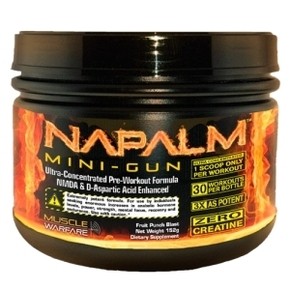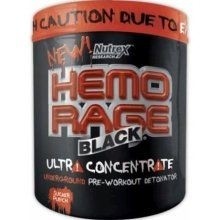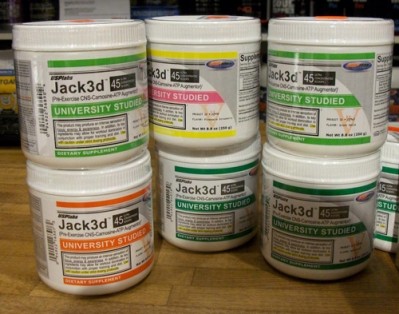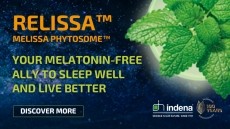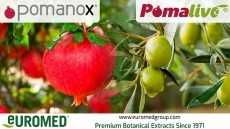California judge allows DMAA class action v Nutrex Research to proceed
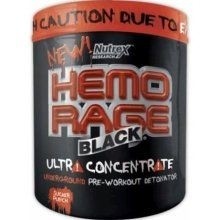
The complaint - filed on March 2 on behalf of plaintiff Stephen Rush (two months before the FDA sent warning letters to Nutrex and nine other firms over DMAA) alleged that some of its best-selling supplements contained DMAA: “a dangerous stimulant that poses a serious health risk and has potentially life-threatening side effects”.
Jittery and anxious feelings
The suit, filed by law firm Wasserman, Comden, Casselman & Esensten LLP, further alleged that DMAA is not a lawful dietary ingredient because it is “wholly synthetic”.
It also appeared to pre-empt a counter-argument that DMAA is a synthetic botanical - and therefore potentially a lawful dietary ingredient - by arguing that “recent studies have also concluded that there is no DMAA in geranium oil at all”.
Finally, it alleged that Rush and his girlfriend experienced severe side effects including “jittery and anxious feelings and a racing pulse” after using Nutrex Research’s products Hemo Rage Black Ultra Concentrate (pictured) and Lipo 6 Black Hers Ultra Concentrate as directed for a month and a half.
Nutrex’s motion to dismiss fails
In a June 13 order denying Nutrex Research’s motion to dismiss the class action, US Magistrate Judge Laurel Beeler said Nutrex did “not directly address any of Rush's claims for relief, which is the ordinary way of challenging claims in a complaint."
She added: "If Nutrex has not challenged all theories supporting Rush's claims, then the claims survive and the court does not need to address Nutrex's arguments on the merits.
"Nutrex's motion to dismiss fails because it does not challenge all theories supporting Rush's claims.”
Lawsuit number two
Separately, Nutrex has been given more time to respond to another lawsuit filed on behalf of California plaintiff Jason McKenna by law firm Kirtland & Packard LLP on April 30, which raised similar questions about the safety and regulatory status of Hemo Rage et al.
The firm has until June 20 to respond to McKenna’s complaint, said US District Judge Dana M Sabraw.
Nutrex: ‘Vigorously disagrees’ with FDA
Nutrex has recently reformulated Hemo Rage, Lipo 6 and its other DMAA-containing supplements in response to “changing market perceptions”, although it reserves the right to use DMAA again in future "if the uncertainty... over the status of this ingredient gets resolved”.
In a letter to the FDA responding to its warning letter in early May, Keller and Heckman attorney Frederick A. Stearns - representing Nutrex - wrote: “A close examination of the Ping, et al. study [a 1996 paper dismissed by one leading chemist as 'scientifically indefensible'] shows its original conclusions [that DMAA is a natural constituent of geranium] were correct.”
He then quoted from a September 2011 memo from consultancy Cantox, which claimed supplement maker USP Labs had fresh data from ”two independent and highly respected analytical chemistry laboratories" that “corroborates the original data published by Ping et al, and further demonstrates the occurrence of DMAA in the geranium plant, Pelargonium graveolens, and its edible oil”.
Assuming the new data does prove DMAA is in geranium, firms using nature identical synthetic copies of it in their supplements are not breaking the law, said Stearns.
“The [legal] definition of ‘dietary ingredient’ provides no basis for distinguishing between natural and nature-equivalent synthetic versions of the same substance.”
He added: “Nutrex’s position is that DMAA has been “present in the food supply” (geranium oil) “as an article used for food” (a component of geranium oil) “in a form in which the food” (geranium oil) “has not been chemically altered” (used in its oil form), and is thus exempt from the need for a new dietary ingredient notification.”
Safety: FDA has not kept up with scientific developments...
As for safety, said Stearns, “When used as directed, dietary supplements containing DMAA have a clear record of safety...
“In addition, the safety of DMAA has been the subject of considerable investigation, with at least seven recent articles either published or in-press in peer-reviewed scientific journals.”
Click here to read the latest developments on DMAA.
